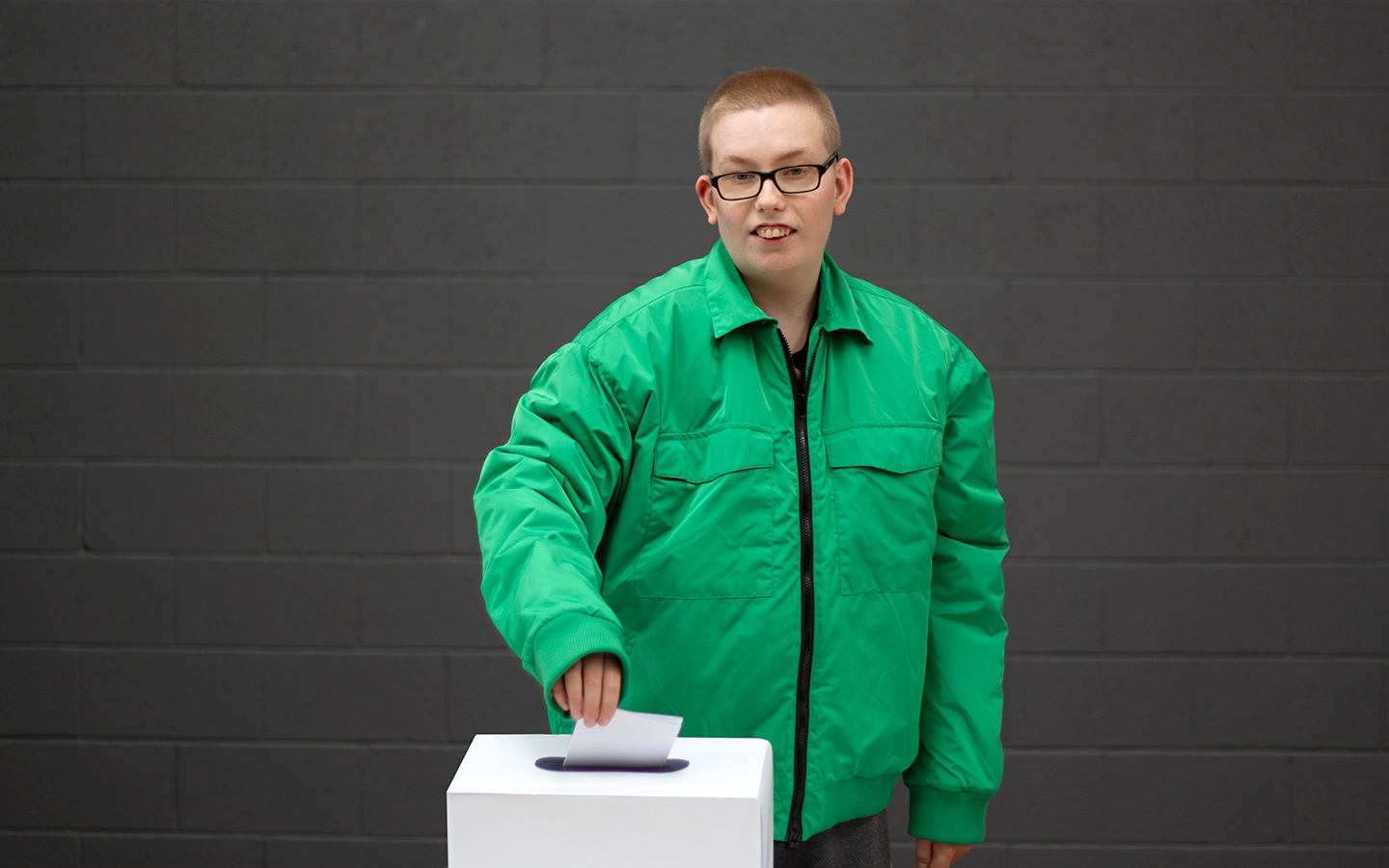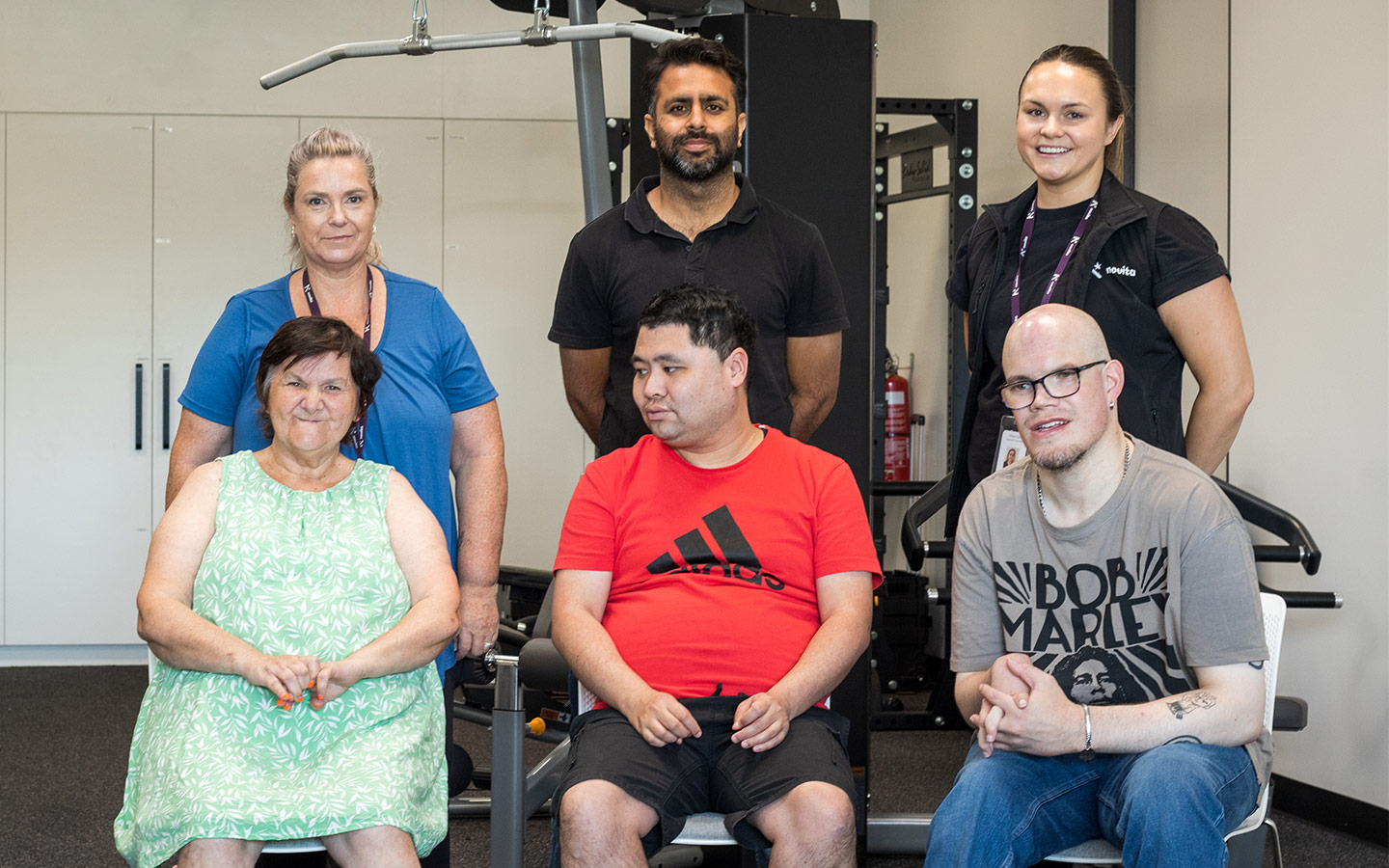Resources
Tips to support your kids in preparation for end-of-year exams and assignments
access_time15min read

As we approach the end of the year, we’re getting closer to those big exams and assignments that can feel overwhelming.
We get it – handling school, homework and everything else in between may feel like a real challenge for your child.
We’re here to share some of our tips to support your child to tackle those exams and assignments without feeling overwhelmed. Whether they’re dealing with unique challenges, or just looking for some smart ways to study, we’ve got them covered.
Let’s dive into some of our top tips that will make your child’s end-of-year journey a bit smoother.
Preparation is key
Encourage your child to get ready early and start planning for exams and assignments ahead of time to ensure success and reduce their stress.
Some tips to support them to prepare for exams include:
Goal setting
Setting goals is a great way to track progress and stay motivated with end of year exams and assignments approaching. Goal setting allows students to set clear targets and celebrate their success!
SMART goals are a framework that can be used for setting goals that are specific, measurable, achievable, relevant, and time bound. Setting SMART goals helps ensure that objectives are attainable within a certain time frame.
Your child can set these goals by ensuring they are:
Specific – Make goals that are clear and to the point. This will ensure your child knows exactly what they want to achieve, so they can keep track of their overall purpose.
Measurable – Goals should be quantifiable with a distinct end point to allow your child to track their progress. For example, completing a practice test in the designated time.
Achievable – Goals should be realistic. We suggest breaking larger goals into smaller tasks which will make it easier to manage. Setting goals that are too far out of reach can be demotivating.
Relevant – Goals should align with your overall study objectives.
Time bound – Goals should have a defined timeframe within which they are accomplished. We recommend prioritising tasks in order of priority to use time more effectively.

Explore study methods that work best for your child
Everyone learns differently. Your child may learn best by writing out topics they’ve learnt – or by practicing exam questions. We suggest working together to discover the study strategies that work best to support them in the lead up to exams.
Some study methods may include:
- Reviewing course curriculum
Reviewing the course curriculum including any key topics, concepts and skills is a great way to get a clear understanding of the content that will be in the exams. This will also ensure your child doesn’t waste time reviewing content that won’t be in the exam.
- Practice quizzes/ exam questions
Working through quizzes and practicing exam questions is a great way to become familiar with the exam structure and type of questions to expect. This will also provide the opportunity to identify areas of weakness or uncertainty to seek further clarification on.
- Use visual aids
We recommend using visual aids like diagrams, charts, and colour coding to increase your child’s understanding, retention and engagement in the course material. The use of highlighters and coloured pencils can be used during study.
- Chunk information
Breaking down material into manageable chunks can be helpful with complex concepts, making it easier for your child to understand and remember.
For example – if your child is studying Biology, then they will most likely be familiar with the concept of Photosynthesis. This can be broken down into smaller chunks:
- Chunk 1: Overview of Photosynthesis – this may be an introduction explaining the process.
- Chunk 2: First phase of Photosynthesis
- Chunk 3: Second phase of Photosynthesis
Create a dedicated space for studying
If your child has difficulty studying at home, it might be because they don’t have a proper place to study. This could make them prefer the more organised setting of their school.
To help, you could set up a similar organised space at home. If your child does well studying at home but struggles at school, there could be something hindering their focus there.
Work with your child to find the best study environment. This could mean creating a study area with a desk and supplies, similar to school. Or if your child studies well on the couch, create a space that feels conducive to learning and achievement to help them study at their best.

Find out what resources are available for assistance
You will have access to different resources through your child’s school, or their support service. Whether these resources take the form of laptops and tablets, other study materials, tutors or other people who can assist your child, figuring out what (or who) is available to them can make a great difference to their study habits and their preparation. It may be as simple as working in a group or studying with them.
Working in a group or with friends allows your child to be actively involved through discussions, problem solving, case studies and role plays. This can help them to stay engaged in course material, while learning from others. This is a great study method if your child finds it challenging to engage independently, or lives with an intellectual disability.
Working in a team can support your child to engage in deeper thinking, making them think harder. A good way to test their knowledge is to ask them a question about a concept and they can practice explaining it to you. This can reinforce their understanding and highlight areas to improve on.

Look into any accommodations or adjustments
Accommodations are changes or modifications to the exam process that create a fair and equal opportunity for students living with a disability. This could involve things like adjusting the exam environment, using different formats for the exam, getting more time, using assistive technology, having your own space, or getting extra support. For example, if your child has low vision or blindness, they may be allowed extra time to read the exam through their chosen method and complete their answers.
Understanding all the options open to your child can assist you to make plans to support them through the stress of exam time. We suggest speaking with your child’s teachers about what accommodation they’re entitled to and how to request it so they can use it to do their best on their exams.
Dealing with stress
We all know that exams can be a stressful time for everyone. However, it’s important to learn how you can support your child to manage stress during this time.
Did you know that stress directly affects your child’s study?
When we are stressed, it can be more difficult to concentrate and focus as stress slows down the brain’s ability to process information. This may impact your child’s performance during exam preparation. We have some tips for your child to manage stress and anxiety, to be more productive and make exam prep as easy as possible.
- Communication
We recommend open communication through conversations with your child, their therapists and teachers to create a supportive network. This will allow them to recognise stress triggers and learn how to cope with these.
- Regular study breaks
Engaging in study requiring high concentration for an extended period of time can lead to burnout, resulting in new information or material being unlikely to be stored as effectively.
Some kids living with an intellectual disability can have a naturally shorter attention span and may benefit from taking regular breaks. Regular study breaks are a great way to split the day into smaller blocks to encourage your child to stay motivated and maintain their focus and concentration.
Study breaks have been shown to have a positive association with wellbeing and productivity. Studies have found that breaks can reduce or prevent stress, maintain performance throughout the day, and reduce the need for your child to have a long recovery at the end of the day.
Physical Activity
During exams, it’s common for young people to feel anxious, but getting up and moving can help reduce anxiety, allowing your child to come back with a clear mind to study. Whether it’s 20 minutes during a study break, before or after studying – exercise is a great way to reduce stress.
Research suggests mind-body exercise such as running have found beneficial effects for reducing stress and coping during stressful tasks better. Exercise supports the brain to make new connections and grow new brain cells too. This makes it easier for your child to absorb new information, improving their thinking and memory.

Improves mood
Exercising has been proven to reduce the body’s stress hormones which make you feel calmer. Incorporating physical activity in your child’s routine can improve their mood, increase self-confidence, help them relax and reduce symptoms of anxiety and depression.
Improves sleep
Engagement in physical activity can support everyone to have better sleep. Exercise can improve the quality of sleep by increasing the amount of deep sleep and reducing the time it takes to fall asleep. Sleeping better at night can support your child’s concentration by allowing them to process information better when studying.
Time to get studying!
Getting ready for those end of year exams and assignments requires a solid plan of action. So, make sure you’re encouraging your child to set some SMART goals for their studies and to start the study process early – not leaving it to the last minute! It’s important that your child takes a look at the material they’ll be tested on to make the most of their time.
Figuring out the study method that works best for them (or even combining a couple) is a game-changer. It’s also a good idea to focus on the areas that need a bit more attention and encourage your child to talk to their teachers about any topics they need further clarity on. If they need some extra support or adjustments, don’t hesitate to use the resources available, and utilise studying in a group to their advantage.
Don’t forget to remind them to take regular study breaks and balance out their study with some physical activity.
With these tips down pat, your child will be better prepared to tackle those end of year exams and assignments.
Does your child need support after school?
We understand that the journey after school can be a confusing and challenging time for many. We are here to support your child through this process, to build their skills and experience to successfully transition from school into the next phase of their life.
Our Transition to Work and Step-Up Life Skills community programs can support your child after school, whether they are focused on achieving their employment goals or wanting to build their everyday life skills.
If you would like more information on these programs, or which might be best suited for your child, feel free to contact us at 1300 668 482, email [email protected], or visit our contact us page for more ways to get in touch.


